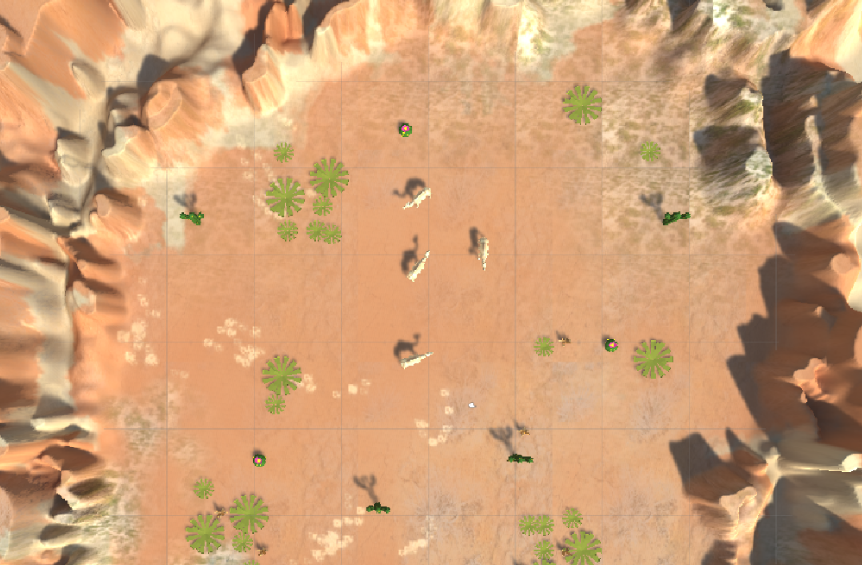'Life skills' and Indian education system
- Riya Patel

- Jun 29, 2020
- 3 min read
Understanding life skills and why they are the most important skills to have, yet very few education bodies teach them.
Life skills are mostly considered one of the most important skills for the hiring companies and in general to live life. Ever since childhood, we have told that ace the upcoming exam and you will be happy. It will help you land a good college, which will get you a good level of educations and eventually a job and this is what happiness is.
But many like myself didn't follow it and many parents made sure that their kids do not get into this trap. the question arises here is that was it a right decision, am I living a better life by denying the social norm on education. The answer is yes and no. I was in standard eight when we had a class called personal project where we were asked to work on anything that we liked working on. The most difficult part of that course was to choose what to work on. A question so open yet it took so long to figure out, the problem is that 11 years of schooling where I learnt a new lesson every week but never learnt how to seek lessons through my own experiences or seek for things that interested me, it was always about predefined subjects or extracurricular activities.
Our education system focuses on marks and winning competitions. My art class as well defined the level of creativity in terms of how much marks and prizes the artist got. The system works perfectly wells for a student who is lucky to have moulded in and has a support of the people around them but for the ones who did not feel for the topics being taught to them, who performed weaker, were also considered and losers, which I eventually realised how wrong it was, my cohort today is not performing the same expertise level as the tag the school system put on them. Yet many might have suffered from low self-esteem and low motivation, eventually, being a part of the toxic system for so many years. And the funny part is that didn't even teach us how to fight the mental turmoil that rose with their own toxic system.
Apart from the main life skills from that UNESCO defines these skills as a life skill, one might need several other skills in the context of the several roles that you are playing in your life: skills needed to be a parent or a child, skills needed as a leader or as an employee, teamwork skills, skills needed to be a responsible citizen of your country and many more.
Well, we cant all be skilful in everything, but it is good to know that when we change our roles in future to single to married or intern to employee, our roles change and we can gain the most out of every situation if we can perform more efficiently.
Since I took to the example of school I would like to discuss more deeply about the skill of learning and studying.
Learning: exploring new topics that interest you and analysing this knowledge and creating connections to create unique insights to work on and explore
Studying: how to explore one topic and analyse it.
Reading and comprehension:
reading fast can help speed up the learning and if we switch back from high speed to normal it’ll improve the comprehension. visual element increase memory and comprehension of the topic.
note-taking:
less precise notes. follow the 80/20 rule, in a class only invest 20 per cent of the time writing notes and use thereof the time to listen and understand the topic. write keywords, mind maps are an easier way to organise the data. when highlighting on books, try to be precise and highlight keywords when possible. writing while studying enforces repetition which can help keep the info in the brain for longer. notes should be treated once in 24–48 hours.
Read in three steps, 1. start and end para, 2. first line of each paragraph, 3 speed read the whole text. advantages: repeated three times, better comprehension.
Similar sound technique: belonephobia: fear of sharp objects. . .‘balloon phobia’ balloon is scared of a sharp pin. img:
Mnemonic devices; H,Li, Na,C, Rb, Se, F; hamare liye an karo Arab see fariyad. somebody somewhere has created a mnemonic for any topic you want to sharpen your memory in, its just a google search away.
Song, rhythm and alteration: lasi — wasi, good way of learning names, songs to remember poems etc. like the odysy link a memory to emotional song.
using visual/pictures memory to memorise a combination of data
Link system: order of things: link the previous topic in the sequence to the current one, keep repeating the visualization of the sequence till the end.
memory palace:
numeric peg system: integrate with 5 senses. this is crazy good




Comments